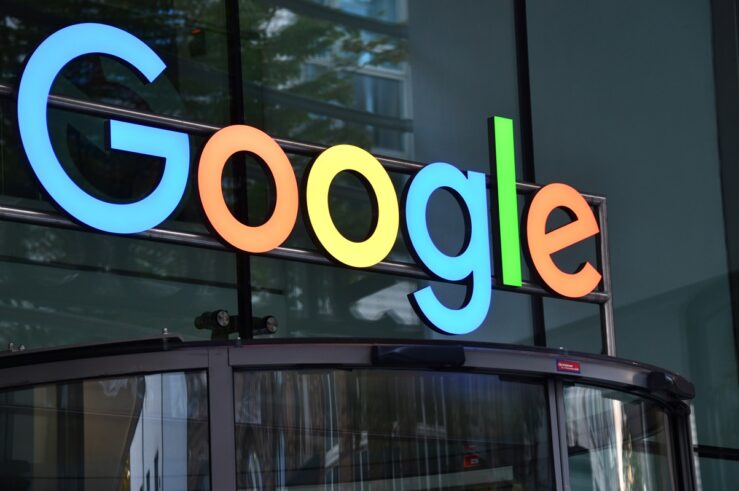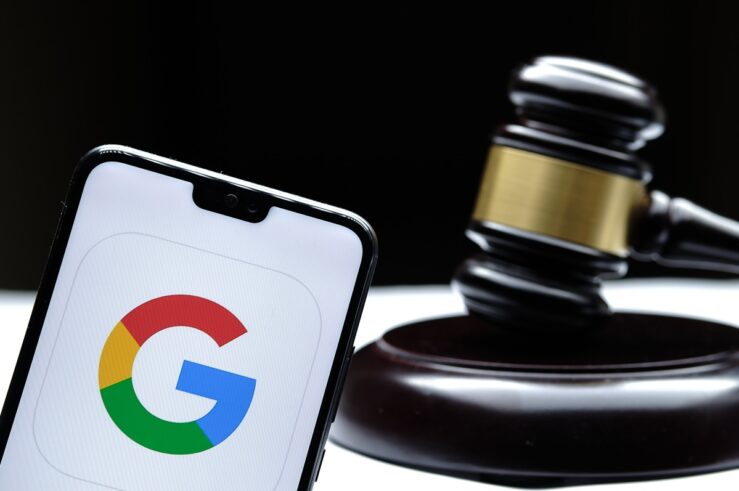Between a TikTok and a Hard Place: Products Liability, Section 230, and the First Amendment
With the 3rd U.S. Circuit Court of Appeals’ recent decision in Anderson v. TikTok, it’s time to revisit the interplay between the First Amendment’s right to editorial discretion, Section 230 immunity, and children’s online safety in the context of algorithms. As has been noted many times, the use of algorithmic recommendations is ubiquitous online. And ... Between a TikTok and a Hard Place: Products Liability, Section 230, and the First Amendment
A Primer (and Some Questions) About the RealPage Antitrust Case
The U.S. Justice Department (DOJ) and several states filed suit late last month against the property-management software firm RealPage Inc. for its “unlawful scheme to decrease competition among landlords in apartment pricing and to monopolize the market for commercial revenue management software that landlords use to price apartments.” While this is not the first case ... A Primer (and Some Questions) About the RealPage Antitrust Case
Big Federal Antitrust Cases Heat Up
The U.S. Justice Department (DOJ) and the Federal Trade Commission (FTC) are advancing two major antitrust cases that will have significant implications for the American public. The DOJ, joined by eight states, announced Aug. 23 that it was suing RealPage Inc. for an “unlawful scheme to decrease competition among landlords in apartment pricing and to monopolize ... Big Federal Antitrust Cases Heat Up
FTC Noncompete Rule–and FTC Competition Rulemaking–Are on the Ropes
Judge Ada Brown of the U.S. District Court for the Northern District of Texas issued an Aug. 20 order effectively striking down the Federal Trade Commission’s (FTC) April 2024 rule barring noncompete clauses (“noncompetes”) in employment contracts. Ryan LLC, a global tax-services and software provider, had challenged the rule, which had been scheduled to take ... FTC Noncompete Rule–and FTC Competition Rulemaking–Are on the Ropes
Does NetChoice v Bonta Mean Curtains for KOSA?
To butcher a Winston Churchill quote, it’s not yet clear if this is the beginning of the end, or just the end of the beginning, for children’s online-safety bills. Such legislation has been all the rage in recent years, earning bipartisan support at both the federal and state level. A version of the Kids Online ... Does NetChoice v Bonta Mean Curtains for KOSA?
Google Monopolization Ruling May Not Hold Up On Appeal
In an Aug. 5 order, the U.S. District Court for the District of Columbia held that Google engaged in illegal monopolization of internet “general search services” and “general text search advertising.” This decision, dubbed “an historic win for the American people” by U.S. Attorney General Merrick Garland, may face tough sledding on appeal. The very ... Google Monopolization Ruling May Not Hold Up On Appeal
ICLE and CEI Submit Amicus Brief Arguing the FCC’s Net Neutrality Order Is Unlawful
If you’ve been keeping up with the machinations of the Federal Communications Commission’s (FCC) latest attempt to regulate broadband under Title II of the Communications Act, you know that providers are challenging the rules in the 6th U.S. Circuit Court of Appeals. The court has put that case on the fast track. Earlier this week, ... ICLE and CEI Submit Amicus Brief Arguing the FCC’s Net Neutrality Order Is Unlawful
Europe’s Latest Antitrust Policy Pronouncement Threatens Innovation
A newly released draft of the European Union’s proposed monopolization guidelines suggest they could pose a new threat to innovative business practices that promote high-tech economic growth. The EU should scrap the draft and U.S. antitrust enforcers should likewise reject its approach. Overregulation Harms EU Economic Growth and Innovation The United States, not Europe, has ... Europe’s Latest Antitrust Policy Pronouncement Threatens Innovation
Don’t Believe the Hype (on Competition and AI)
As in the Public Enemy song that gives this post its title, the hype about alleged competition risks in the artificial intelligence (AI) “market” is a sequel—and not a good one—to the hyperbolic and dystopian view that has informed several recent antitrust-policy proposals and demands for tougher enforcement of competition laws, particularly in digital markets. ... Don’t Believe the Hype (on Competition and AI)
The Cookie Plan Crumbles: Stuck in the Middle with Google
Google recently announced that it has changed its plans to phase out third-party cookies in the Chrome web browser. The company had previously planned to disable third-party cookies in Chrome, a change supported by many in the privacy-stakeholder community, but which was met with criticism from the adtech industry and competition lawyers. Google’s new plans ... The Cookie Plan Crumbles: Stuck in the Middle with Google
Judge Mehta Got It Wrong in the Google Case
U.S. District Court Judge Amit Mehta ruled in an Aug. 5 order that Google violated antitrust law by improperly maintaining a monopoly. The case focused on “general search engines” (GSEs) used for internet search, and the impropriety was the manner through which Google secured distribution in partnering with internet-browser developers, mobile-device manufacturers, and wireless carriers. ... Judge Mehta Got It Wrong in the Google Case
The $14 Billion Fumble
Even in the era of a Federal Trade Commission (FTC) led by Lina Khan, antitrust law can be a pretty hum-drum affair, consumed with minutiae about relevant markets, market shares, the Herfindahl-Hirschman Index (HHI), unilateral effects, coordinated effects, and possible efficiencies. Things get just a bit more interesting when there are allegations of a conspiracy ... The $14 Billion Fumble
















